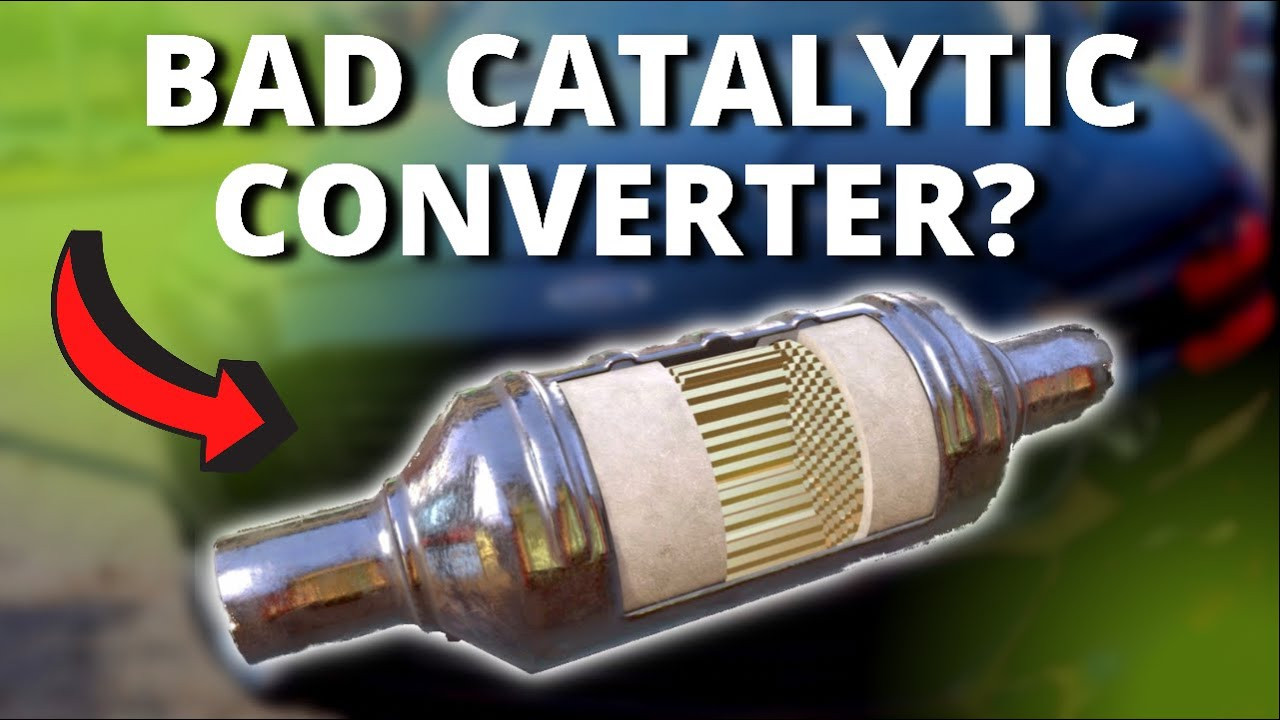A catalytic converter is an essential part of your car's emission system. It reduces the harmful gases from your engine into less harmful ones, improving the air quality and the performance of your car. However, if your catalytic converter is damaged, it can cause serious problems for your car and your health.
In this article, we will explain how to identify and fix a damaged catalytic converter. We will also give you some tips on how to prevent or deal with a catalytic converter problem if your car is not under warranty or has been in an accident.
How to tell if your catalytic converter is damaged
One of the most common signs of a damaged catalytic converter is a loud "pinging" noise coming from the engine. This noise is caused by the air and gas mixture in the converter breaking down into particles. If the noise is constant or gets louder over time, it means that the converter is failing and needs to be repaired or replaced.
Another sign of a damaged catalytic converter is the engine light. If the light is on, it means that there is a problem with the emission system and the converter may be the culprit. You can also check the exhaust pipe for any signs of oil or gas leakage, which can indicate a cracked or leaking converter.
To confirm if your catalytic converter is damaged, you will need to take your car to a mechanic and have them run a diagnostic test. They will use a scanner to check the oxygen sensors and the catalytic efficiency. If the test shows that the converter is not working properly, they will advise you on the best course of action.
How to fix a damaged catalytic converter
Depending on the extent of the damage, you may be able to fix your catalytic converter without replacing it. Sometimes, the converter can be cleaned or repaired by using a special cleaner or a welding kit. However, this is not always possible or advisable, as it may not solve the problem completely or may cause more damage to the converter or the engine.
If your catalytic converter is beyond repair, you will need to replace it with a new one. You can either buy a new converter from the manufacturer or from an aftermarket supplier. You will also need to have it installed by a mechanic, as it requires special tools and skills.
The cost of replacing a catalytic converter can vary depending on the make and model of your car, the type and quality of the converter, and the labor charges of the mechanic. On average, you can expect to pay between $500 and $2000 for a new catalytic converter.
How to prevent or deal with a catalytic converter problem if your car is not under warranty or has been in an accident
If your car is not under warranty or has been in an accident, you may have to pay for the repair or replacement of your catalytic converter out of your own pocket. This can be a costly and stressful situation, but there are some things you can do to prevent or deal with it.
To prevent a catalytic converter problem, you should:
- Maintain your car regularly and follow the manufacturer's recommendations for oil changes, tune-ups, and emission checks.
- Use the right type and quality of fuel for your car and avoid using additives or contaminants that can damage the converter.
- Avoid driving your car in extreme conditions, such as very hot or cold weather, rough or steep roads, or heavy traffic.
- Avoid driving your car with a faulty or missing gas cap, as this can cause the converter to overheat or clog.
To deal with a catalytic converter problem, you should:
- Check your car insurance policy and see if it covers the repair or replacement of your catalytic converter. Some policies may cover it partially or fully, depending on the cause and extent of the damage.
- Check your local and state laws and see if they offer any incentives or rebates for fixing or replacing your catalytic converter. Some jurisdictions may offer tax credits, vouchers, or discounts for drivers who upgrade their emission systems or switch to cleaner vehicles.
- Shop around and compare prices and reviews of different mechanics and suppliers before choosing one to fix or replace your catalytic converter. You may be able to find a better deal or a higher quality service by doing some research and asking for referrals.
Conclusion
A catalytic converter is a key part of your car's emission system and it should be kept in good condition. If your catalytic converter is damaged, it can cause serious problems for your car and your health. You should be able to tell if your catalytic converter is damaged by listening for a "pinging" noise, checking the engine light, or looking for oil or gas leaks. You should also take your car to a mechanic and have them run a diagnostic test to confirm the problem. Depending on the damage, you may be able to fix your catalytic converter without replacing it, or you may need to buy a new one and have it installed. If your car is not under warranty or has been in an accident, you may have to pay for the repair or replacement of your catalytic converter out of your own pocket, but you may be able to prevent or deal with it by following some tips and tricks.

Comments (0)
Please login to join the discussion
Be the first to comment on this article!
Share your thoughts and start the discussion